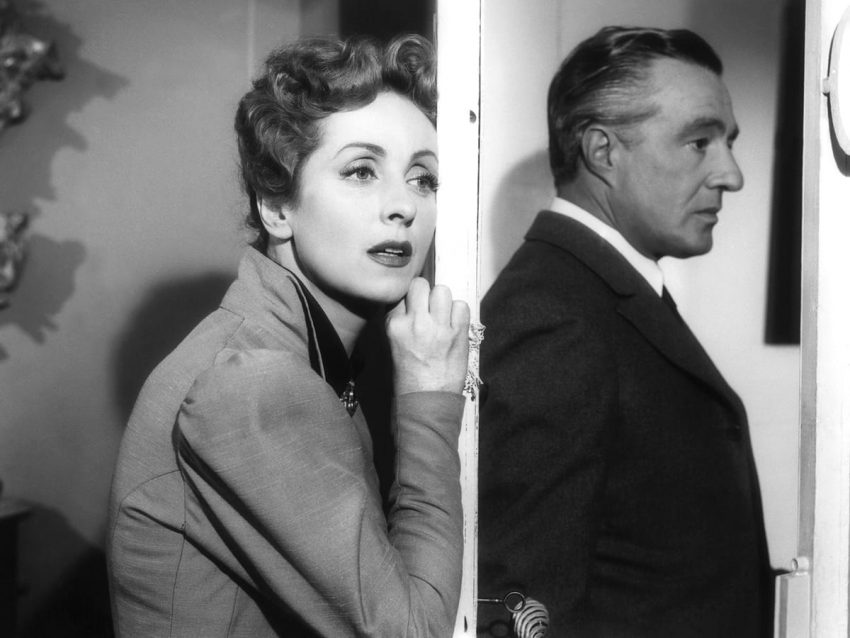Louise (Danielle Darrieux), a wealthy Parisian aristocrat desperately and secretly in debt, sells the diamond earrings her husband, André (Charles Boyer), a famed general, gave her as a wedding gift. Following an amusing and cleverly plotted series of lies and revelations, the earrings come back into André’s possession — he knows she sold them and why, but decides to let her go on thinking she got away with it.
Later, André gives the earrings to his mistress as she leave Paris for Constantinople (not Istanbul). Following a bad streak at the roulette wheel, she pawns them, and, well, they change hands a couple more times from there. You get the idea.
Based on the Criterion Collection’s blurb and the plot up to this point, I was expecting Max Ophüls’s “Madame de…” to continue as a series of vignettes, following the earrings as they passed from person to person like “The Red Violin” or “Twenty Bucks.” Instead, the diamonds boomerang almost immediately back into the life of Louise and André, where they come to symbolize a budding passion between Louise and Fabrizio Donati (Vittorio De Sica), a visiting Italian diplomat who buys the earrings from a Constantinople pawn broker, and the conjugal discontent triggered by their love triangle.
Opening almost as a light farce, “Madame de…” becomes heavier as is progresses, carried by its brisk dialogue, the charisma of the three leads, and Ophüls’s elegant, understated direction. In one standout sequence, Louise and Donati’s deepening romance is dramatized as a ballroom dance through time. It’s a literal courtship – taking place entirely in the context of court life, hidden in the plain sight of opulent balls and by Louise’s reputation as an incorrigible but harmless flirt.
Ultimately, André’s carefree demeanor and genuine affection for Louise gives way to jealousy and possessiveness. He tells her, “Our conjugal bliss is a reflection of ourselves. It’s only superficially superficial,” an observation reflected in the film’s titular running gag: We never hear the couple’s last name; they’re nameless, though we come to know them intimately.
He later quips, “Napoleon was only wrong twice in his life: at Waterloo, and when he said, ‘The only victory in love is to flee,'” foreshadowing the ambiguous but unmistakable tragedy at the film’s end.
Is there a moral to the story? I don’t know that there is, except maybe “don’t lie to your spouse and don’t fall in love with a visiting Italian diplomat.” But there’s something to be said for a movie that avoids such pat conclusions in favor of a little more interesting.
